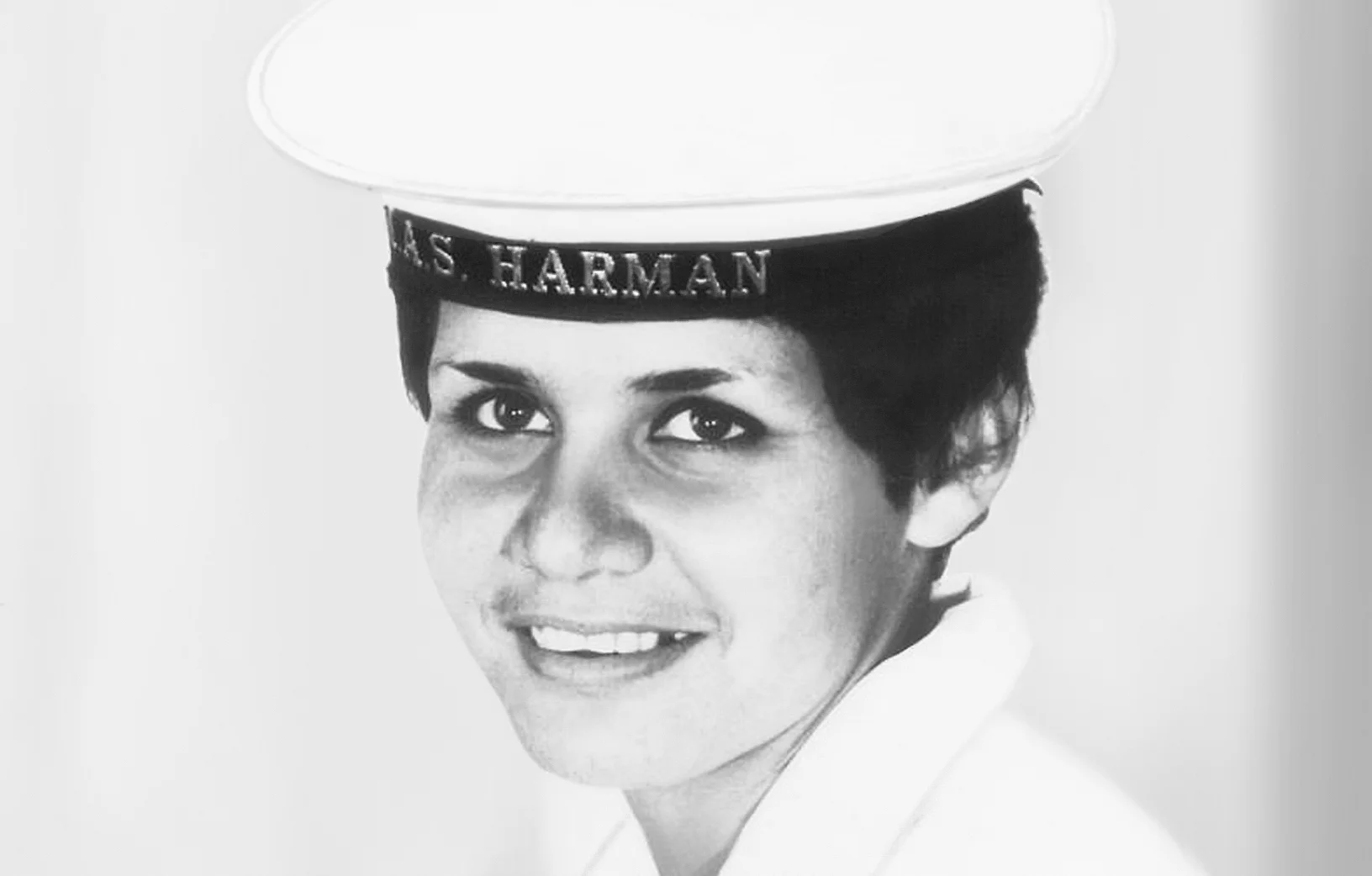First published in National Indigenous Times on April 22, 2019.
Pattie Lees joined the WRANS and served for two years. Photo by Pattie Lees.
Frank Mallard talks of being a ‘tunnel rat’—one of the ‘mad Australians who chased Viet Cong down these tunnels’. Gaye Doolan jokes that she joined the Women’s Royal Australian Naval Service because she liked the uniform. And Roy ‘Zeke’ Mundine asks, ‘… how can I forget Anzac Day?’ He says in 1969 on Anzac Day he got blown up. He stepped on a mine, or the side of a mine, and it blew his leg off.
These powerful stories and many more are included in Our mob served: Aboriginal and Torres Strait Islander histories of war and defending Australia. The book documents the contributions of Aboriginal and Torres Strait Islander people to the Australian defence services from the Anglo-Boer War onwards.
The perspectives of these men and women are truly kaleidoscopic.
We learn of the friendships—the true meaning of the word ‘mateship’—which in recent times has become politicised and hollow. Many of the men and women acknowledge in their stories that mateship means even more than placing the team above the individual, more than duty: it’s about the unspoken emotional territory of shared life experiences, survival and loss.
Take Bill ‘Kookaburra’ Coolburra from Palm Island, in QLD, who became especially close with a bloke called ‘Snowy’ George Wilson—nicknamed for his fair skin and hair. They were famously known as the ‘twins’ and referred to each other as ‘twin brother’. Former Prime Minister Harold Holt took it literally. On a visit to Vietnam he asked to meet Snowy’s twin brother and was shocked to find out that he was an Aboriginal person! Together, the twin brothers fled the Military Police after a bar brawl in Vietnam. Together, they faced life and death situations in the field. And eventually, they were joined together in a physical sense. When Bill needed a new kidney, Snowy gave him his.
We learn of the reasons people joined up. In many cases, it was to escape the Protection Acts, access education and training, and to receive better pay. For Mick Pittman, from Casino NSW, it was ‘to get out of town.’ Mick joined the RAAF in 1968 and said, ‘…after 17 years with Mum, the military was a walk in the park … Piece of cake!’ For Pattie Lees, a career in the navy gave financial security and direction. ‘I felt I was being useful. I had some purpose in my life.’
Our mob served gives enormous depth to contemporary reductionist views on the service of Australian men and women, firstly, by recognising the service of Aboriginal people and secondly, by gathering such a multifaceted range of stories and experiences.
It’s the result of many ‘Yarn-ups’ and informal interviews with ex-service people or their relatives at over 40 locations around Australia. The interviews took place between 2014-2017 as part of the ‘Serving Our Country: A History of Aboriginal and Torres Strait Islander People in Defence of Australia’ project, led by Mick Dodson.
The stories are funny, tragic, thoughtful and profound, and they serve to fill an enormous gap in modern Australian history.
This book should be considered an urgent addition to school curriculums and libraries. It would be of interest to both Aboriginal and non-Aboriginal people curious about Australian history or conflict; or tired with the over-simplification or popular nationalism associated with Anzac Day.
Our mob served: Aboriginal and Torres Strait Islander histories of war and defending Australia has been published by Aboriginal Studies Press.
